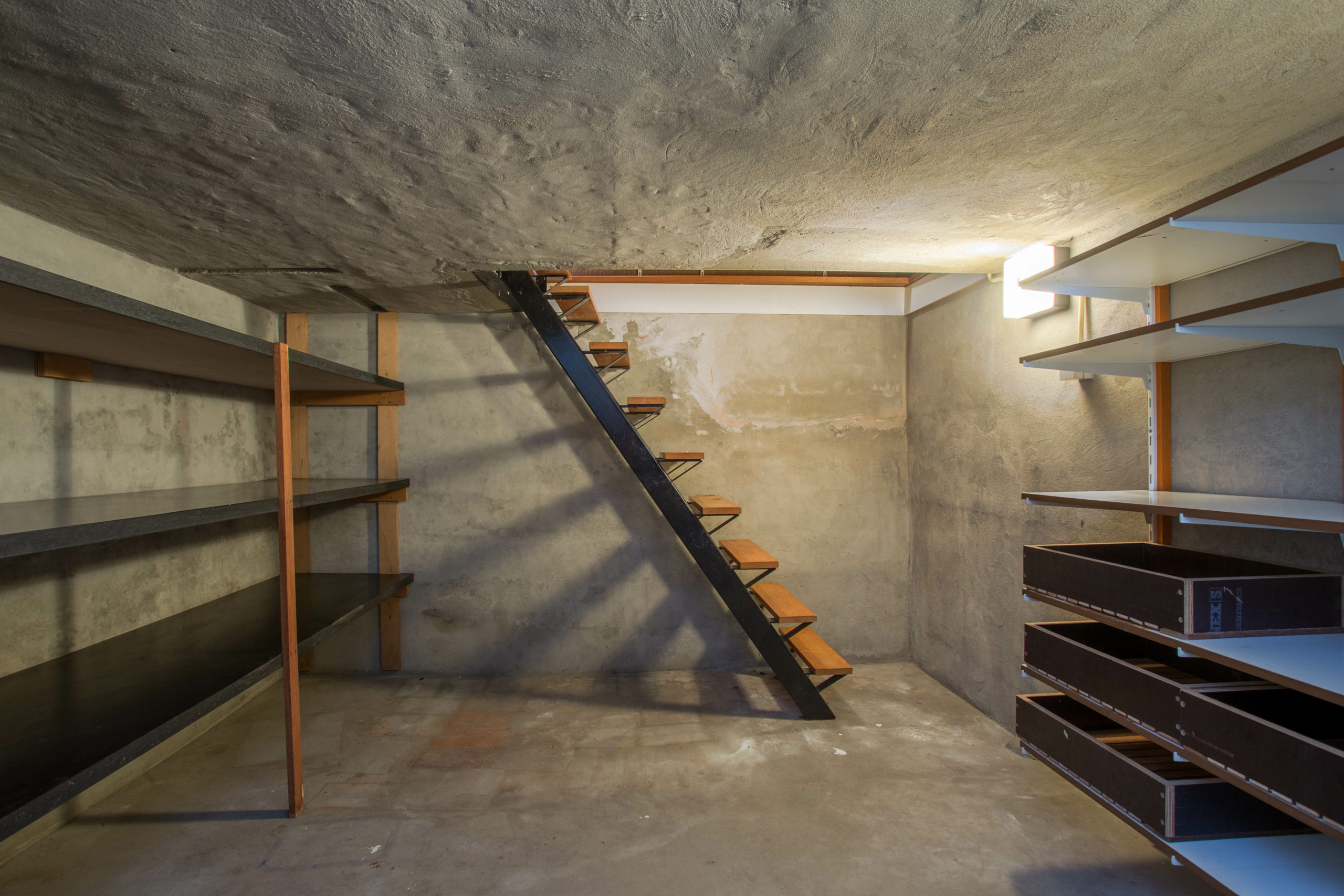The basement is the perfect place to store the things you don’t use every day. Your washer and dryer. Boxes of Christmas decorations. Old clothes, books, and toys you aren’t quite ready to get rid of. Though, that space can be useless if you don’t know how to ventilate a basement.
Because the basement is a hodgepodge of functional and storage space, things can get messy and being underground doesn’t help. It can be difficult to control moisture in a basement and that means one thing: mildew. If you’re hit by a wave of musty odor every time you open the basement door, it might be time to look into proper ventilation.
But how do you ventilate a basement with no windows? Don’t worry – there are several options. Read on to learn why it’s important to ventilate your basement and how to do it safely and effectively.
Table of Contents
Why is Ventilation Important?
Quite simply, ventilation is important to maintain indoor air quality in your home. Air quality affects you and your family’s comfort, but it can also affect your health. Poorly ventilated homes are more likely to struggle with things like mold, mildew, and dust. You’re also more likely to deal with moisture problems and unpleasant odors. These issues are most prevalent in areas like the basement.
If you’re not sure whether it’s necessary to ventilate your basement, consider testing the air quality. The simplest option is to invest in an indoor air quality (IAQ) monitor. These devices regular test and report on levels of pollution in your home. You can also buy a home mold tests and short-term radon kits online or at your local home improvement store.
How Does Basement Ventilation Work?
Basement ventilation can be achieved through natural or mechanical methods. Natural ventilation utilizes natural air currents that flow into your home from the outside. You’ll need windows or exterior doors for this method to work, ideally located on opposite sides of the room.
Mechanical ventilation uses fans and other devices to bring fresh air into the basement and push polluted air out. One method is to place a fan in front of a window, orienting it so it pushes indoor air out. Other options involve installing exhaust fans with ventilation pipes or installing a portable air conditioner or window AC unit.
How to Ventilate a Basement Quickly
Proper ventilation requires one thing: air flow. If you don’t have windows, ventilating a space can be challenging but it is by no means impossible. In fact, there is a practical and economical option that doesn’t require you to cut into your walls or ceiling. We’re talking about portable ventilation.
Portable ventilation involves using an air purifier in your basement. These devices work by pulling air from the environment, passing it through a series of filters. Those filters trap various contaminants including mold, mildew, dust, bacteria, and various allergens before pushing the air back out.
In addition to filtering the air in your basement, portable air purifiers keep the air moving. This helps prevent bacteria and mold spores from attaching to surfaces and it keeps the air from getting stale.
Additional Tips to Improve Basement Airflow
Basements are notorious for being musty, dusty, and mildewy. Without windows to open and air things out, removing those odors can be a challenge. The ventilation methods above can help, but there are other tricks you can utilize to keep things fresh.
Here are some simple tips to keep your basement fresh and dry:
- Upgrade your HVAC system to improve whole-home ventilation
- Avoid placing things too close to walls where they might get damp and moldy
- Use a portable dehumidifier to control humidity levels
- Install exhaust fans with humidity sensors for automatic operation
- Waterproof your basement floor and walls
- Use caulk or mortar to seal cracks in the foundation to prevent water seepage
- Make sure your gutters and downspouts are working properly
Just because they often are doesn’t mean basements HAVE to be musty. Even a basement without windows can stay fresh and dry with the right ventilation system. Put some of these tricks to use in your own home and enjoy a fresh, odor-free basement.
How to Ventilate a Basement FAQs
Do basements need ventilation?
Yes. Ventilation is key to keeping water damage and unpleasant odors under control. If you can’t actually get fresh air into your basement through windows or doors, consider a portable air purifier.
How do you get fresh air in your basement?
The best way to get fresh air into your basement is through open windows and doors. Natural ventilation is simple and effective, though you can also use fans or AC units to boost air flow. If natural ventilation isn’t an option, consider portable ventilation with an air purifier.
How do I recirculate the air on my basement?
An air purifier can help boost air flow, but to actually recirculate the air in your basement you’ll need an HVAC system. Even better is a Fresh Air Intake System, an Energy Recovery Ventilator (ERV), or a Heat Recovery Ventilation (HRV) system.


